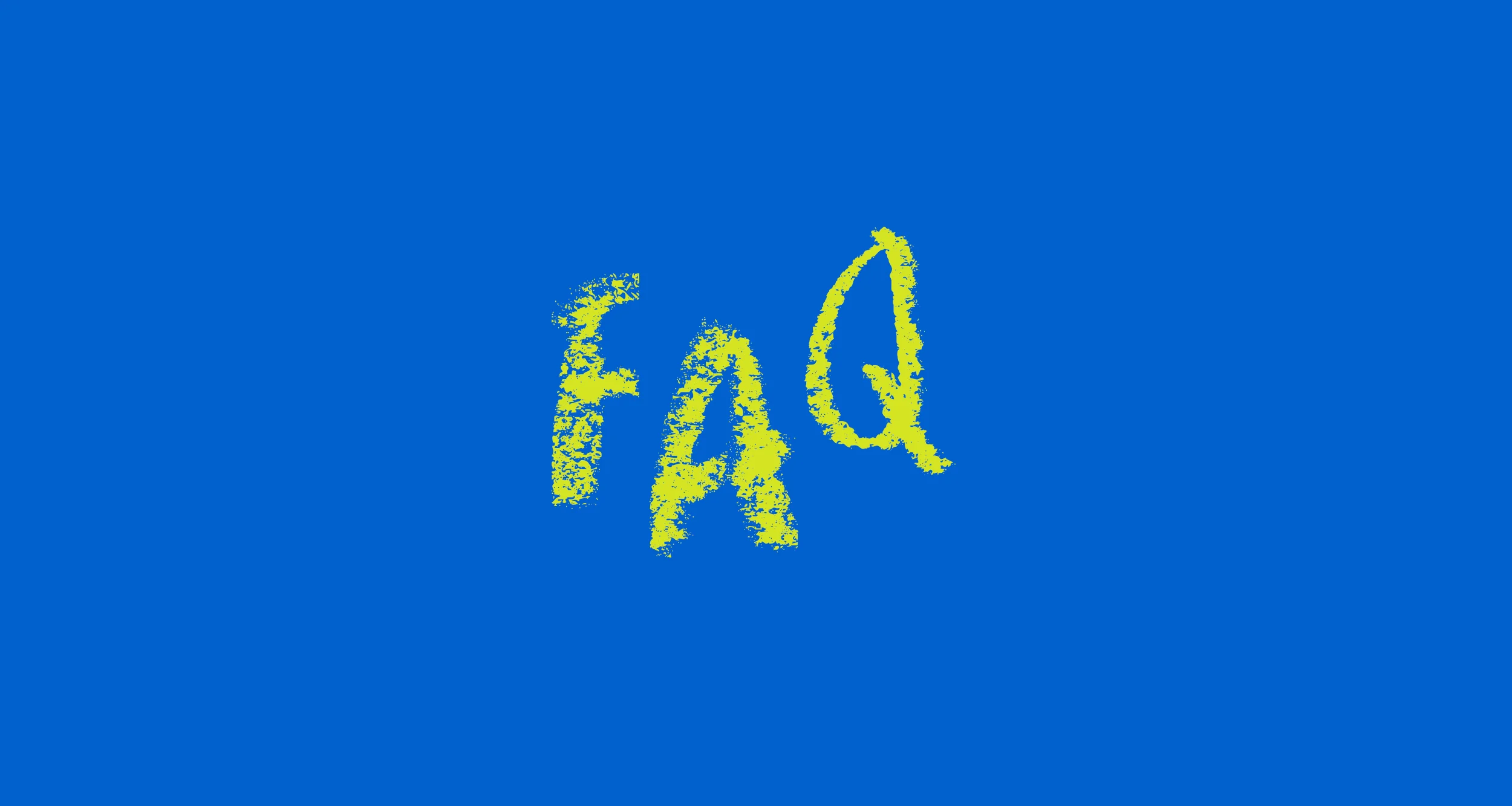Yes, in a lot of ways. There are so many lines from the sequel and the desert island book that ended up in TFiOS in different ways. (“It was kind of a beautiful day,” which occurs at the end of TFiOS, was the first line of one of the drafts of the desert island book.)
The desert island book was primarily about how we behave around each other when we are scared, how fear makes us both more and less human. I don’t know what the sequel was about aside from trying to prove that I, too, could write fancy metafiction, but then I ended up including a lot of metafiction in TFiOS, so it found its way in as well.
I was thinking a lot about the relationship between books and their readers, and how the author of the book can get in the way of that relationship just as much as s/he can facilitate it, so I think that had a lot to do with shaping my thoughts onTFiOS.
Also, all three projects are about deprivation and how people respond to it. So basically I took so many spare parts from those other stories that there’s no way I’ll ever be able to finish them.
